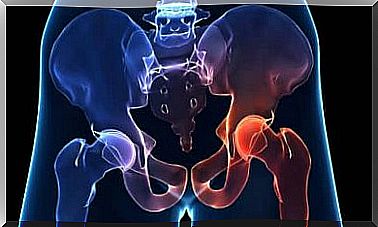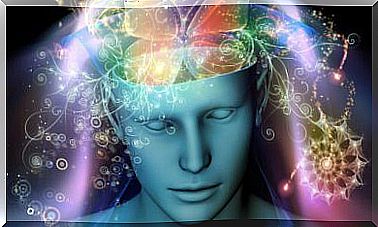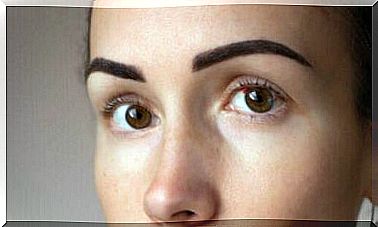Divorce: 6 Troubles They Cause In Children
Divorce is an unforeseen situation for any child. However, it completely changes the lives of children. The emotional turmoil that can affect children will depend on how the parents deal with the separation.

In general, the problems that divorce can cause are often irreversible. If we also count the harm suffered by children, the result is almost always devastating.
In children, the main disorders are manifested in their self-esteem and confidence.
This situation can also affect other aspects of their life such as university studies and, in some cases, their health. Divorce is much more than the dissolution of a marriage bond .
When parents separate, the children’s world often collapses.
Separation generates a state of mourning that each member of the family must face. While experts say children do manage to adjust and assimilate it, there’s no denying that a divorce leaves no one unscathed.
Causes of divorce
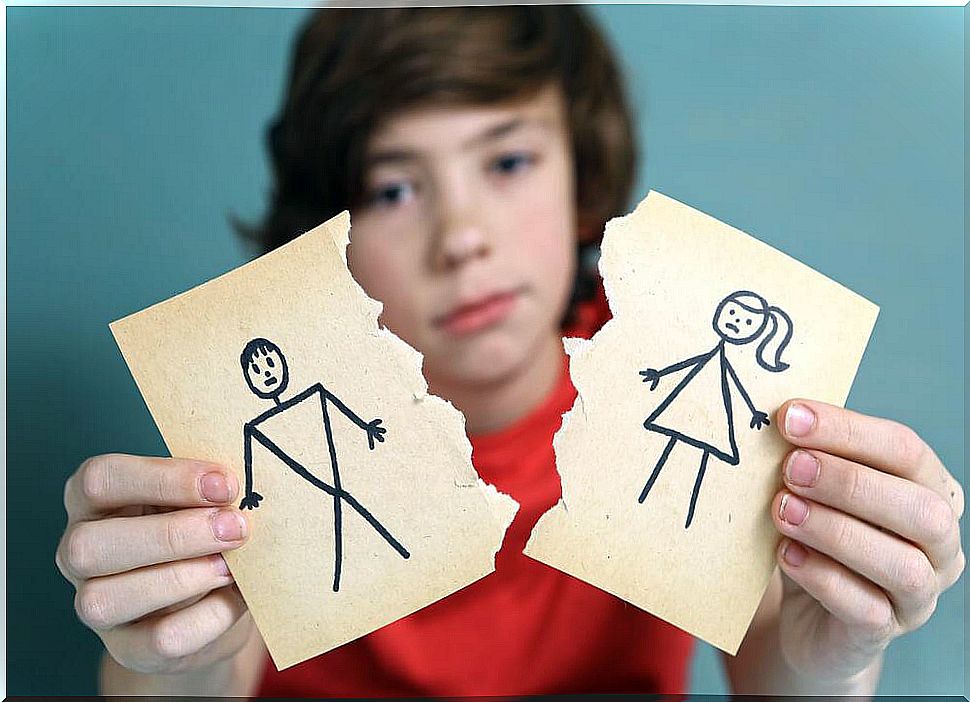
The most common causes of divorce are often due to the following factors:
- Unfaithfulness
- Drug addiction problems
- Domestic violence (physical or psychological)
- Intolerance and differences within the couple
- Accumulated disappointment or personal dissatisfaction
- Routine and boredom
Divorce proceedings
Divorce proceedings can take place in different ways. Usually there are two types of procedures in a marital separation.
In summary, divorces are organized according to the case, as follows:
Divorce by mutual agreement
This is the most practical procedure for couples who have children, as it affects children much less. Thanks to this type of separation, the couple manages their disagreements in a more flexible way.
In this way, parents avoid constant arguments that harm children.
Litigation divorce
In this case, one of the spouses opens divorce proceedings, explaining and justifying the reasons for their request. The spouse usually does not agree with this decision and objects to it. This is when the conflicts begin.
This is why this type of divorce causes more negative repercussions for children.
The problems that divorce can cause in children
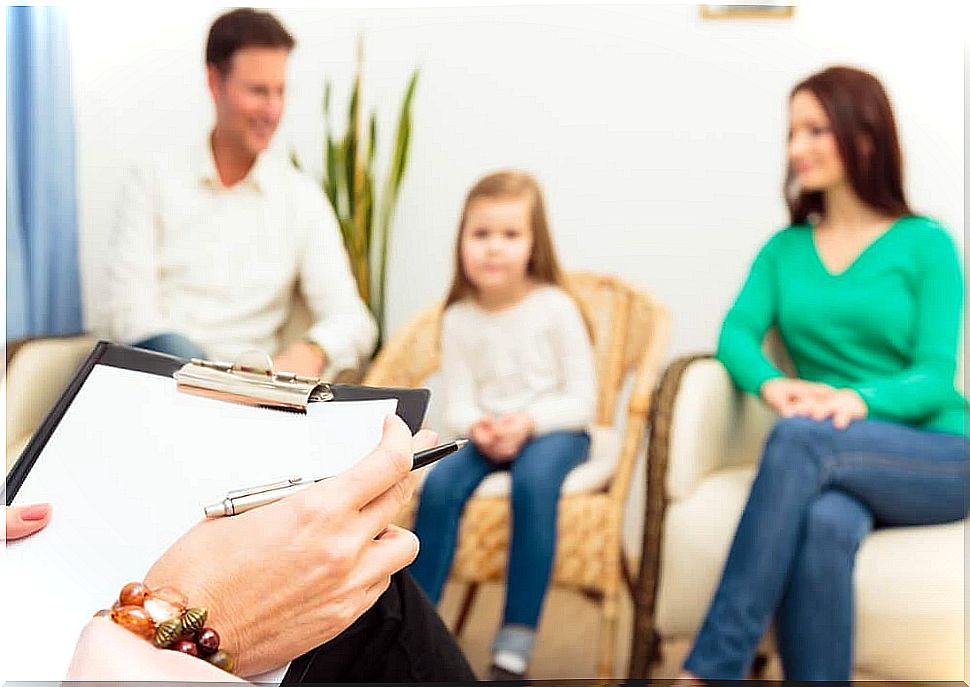
The ability of children to overcome the damage that divorce can cause is different in each case. Much will depend on how the parents deal with their separation.
In every divorce, the troubles caused to the children can manifest themselves in the short term and in the long term.
1. Low self-esteem
Depending on the age and the capacities of the children in the face of new situations, the repercussions on their self-esteem may be more or less profound.
In the event of divorce, children may think that they are not important or that their parents do not care about them.
This is because parents generally invest a lot of time in the divorce process. Therefore, the usual attention that any child demands will automatically decrease.
If the child’s relationship with his or her father or mother who no longer lives at home weakens, the child may feel underestimated.
2. Feelings of guilt
It takes several years for children to overcome the loss of coexistence with one of their parents. If parents’ communication is not optimal, they may think they are guilty of the divorce.
This can happen if the parents do not have the maturity to deal with the conflict and their responsibilities. Therefore, children will be able to feel a feeling of total abandonment.
It should be borne in mind that children’s involvement in a divorce also makes them more vulnerable. Children should not be placed in the position of choosing between one or the other parent.
This decision will only cause psychological harm to children. Thus, they may feel guilty for choosing one parent or the other.
3. Depression
Very often, losing your lifestyle and purchasing power to divorce usually causes uncertainty.
On the one hand, children often have to change homes, schools and leave their friends. This is when depression can appear.
In addition, they also lose the security and trust they had with their parents through family activities.
On the other hand, they may be forced to live with one of the parents. And if they spend little time with the other parent, their behavior can turn from depression to hostility.
In addition, children are likely to have difficulty coming to terms with the separation and will often imagine reconciliation scenarios. When this doesn’t happen, it can increase their frustration and depression.
4. Difficulties in socializing
Another of the troubles that divorce can cause in children includes social difficulties. During separation, children can only think about what is happening at home.
This can decrease their motivation to play and share with their friends.
Likewise, academic performance and other aspects of their lives are often affected. Indeed, children are so concerned with the family situation that they often neglect everything else.
The difficulty lies in putting a distance between their parents’ divorce and their own lives.
5. Fear of the future
Moving from a stage of family happiness to a stage of separation can destabilize anyone. All children can imagine, definitely, does not include the loss of a parent.
A divorce process creates great uncertainty in children about future events.
This experience can mark them in the future and in their personal relationships. They can most likely be afraid to commit and even marry later.
They will certainly be influenced by the experience they had with their parents’ separation and will always remember it.
6. Psychosomatic illnesses
Among the disorders that divorce can cause, there is also the case of psychosomatic illnesses. These can appear as a result of the high level of stress experienced during the divorce process and the anxiety generated by the new way of life.
Other thoughts
The troubles that children with divorcing parents experience are not an invention, they really feel bad. When faced with this, it is recommended that you seek professional help in dealing with the emotional damage caused by a divorce.
It will also be additional support to help children cope with the changes to come.
Children are very receptive and alert to the multiple negative stimuli to which they are exposed. Emotional deficiencies can make our children, tomorrow, insecure and unstable people.
They should therefore not be neglected during their childhood or later for that matter. Then, years later, problems of emotional dependence, fear of loneliness, and various difficulties in relationships with others arise.

